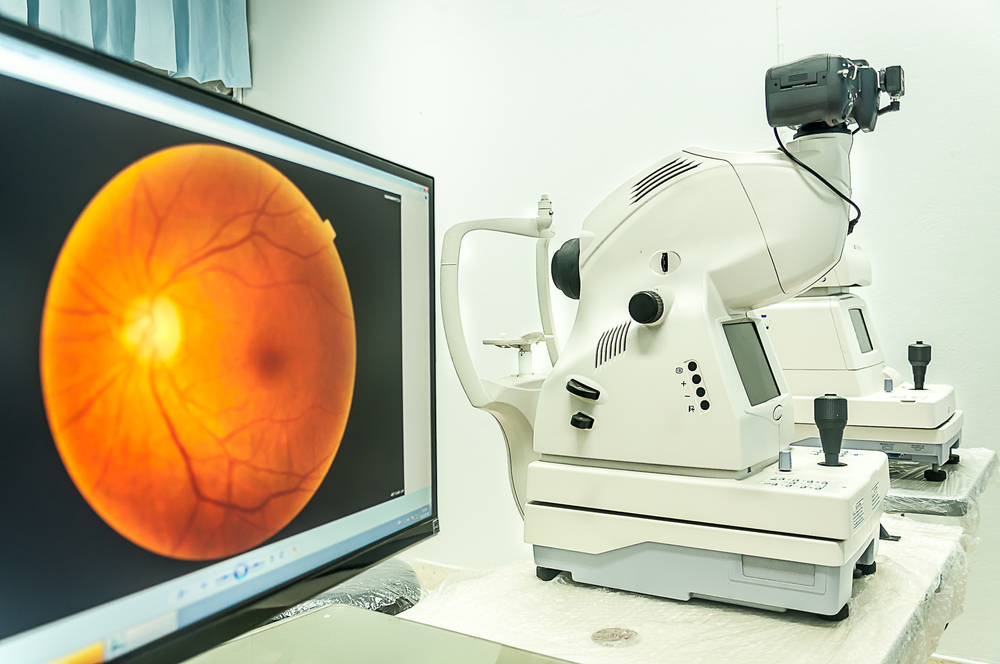
Diabetes is a complex condition that affects multiple parts of the body, including your eyes. High blood sugar levels can lead to serious eye diseases that, if left untreated, may result in vision loss. At Eyecare Center of Wethersfield, we emphasize the importance of early detection and routine eye exams to protect your vision.
How Diabetes Impacts Your Eye Health
Diabetes can damage the tiny blood vessels in your eyes, leading to various complications, including:
Diabetic Retinopathy – This condition occurs when high blood sugar damages the blood vessels in the retina. It can cause them to leak, swell, or close off entirely, leading to blurred vision and, in severe cases, blindness.
Diabetic Macular Edema (DME) – A complication of diabetic retinopathy, DME occurs when fluid accumulates in the macula, the part of the retina responsible for sharp central vision. This can lead to vision impairment or loss.
Cataracts – People with diabetes are more likely to develop cataracts at a younger age. Cataracts cause the lens of the eye to become cloudy, leading to blurry or dim vision.
Glaucoma – Diabetes increases the risk of developing glaucoma, a group of eye diseases that damage the optic nerve. Glaucoma can lead to peripheral vision loss and, if untreated, complete blindness.
Symptoms to Watch Out For
Early detection of diabetic eye disease is crucial. Some common symptoms include:
Blurry or fluctuating vision
Dark spots or floaters in your field of vision
Difficulty seeing at night
Colors appearing faded or washed out
Eye pain or pressure
Sudden vision loss
If you experience any of these symptoms, schedule an eye exam immediately to prevent further damage.
Risk Factors for Diabetic Eye Disease
Certain factors increase the likelihood of developing diabetes-related eye conditions, including:
Poor blood sugar control
High blood pressure
High cholesterol
A long history of diabetes
Smoking
A family history of eye disease
Managing these risk factors through a healthy lifestyle and regular medical checkups can help preserve your vision.
The Importance of Regular Eye Exams
Many diabetes-related eye conditions develop gradually and may not cause noticeable symptoms in the early stages. That’s why comprehensive eye exams are essential. These exams allow eye doctors to detect issues before they become severe, offering better treatment options and preserving vision. We use advanced diagnostic technology to assess your eye health and provide personalized care plans. We recommend scheduling a dilated eye exam at least once a year or more frequently if recommended by your eye doctor.
Protect Your Vision Today
Living with diabetes requires diligent eye care. By staying proactive and scheduling regular eye exams, you can reduce the risk of vision loss and maintain clear sight.
If you have diabetes, contact Eyecare Center of Wethersfield to schedule your eye exam and safeguard your eye health for years to come. Visit our office in Wethersfield, Connecticut, or call (860) 905-0086 to book an appointment today.









